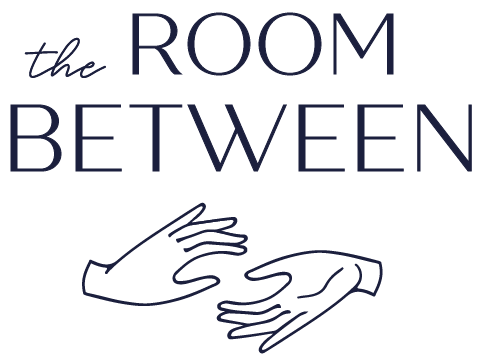No one model of therapy works for everyone, therefore, we take an integrative approach.
This means that we draw upon many types of mental health therapy that we think will most suit your unique needs, contexts and preferences. Some of the approaches we draw upon are explained below.

Systemic Therapy
Systemic therapy addresses emotions, psychological symptoms and behaviour within the context of your day-to-day life, interpersonal relationships and interactions.
This type of therapy can be used when working with individuals, groups, intimate relationships and families. Systemic therapy understands that difficulties don’t develop within individuals but in the relationships, interactions, life events, language, stories and behaviour patterns that develop between you and significant others.
Your context is important including factors such as ability, age, gender, power, resources, sexuality, health, race, and their impact.

Cognitive Behavioural Therapy (CBT)
Cognitive behavioural therapy (CBT) is a time limited, structured and present-oriented (here and now) psychotherapy. However, it may focus on your past experiences to help you understand how they may be impacting you now.
The focus of CBT is to learn how to manage current problems, by helping you develop skills that bring awareness to your thinking and behaviour.
CBT uses a variety of cognitive (thought-challenging) and behavioural techniques and can include problem solving. Generally, CBT isn’t used as a single type of therapy but often incorporates other approaches including: compassion-focused therapy (CFT), acceptance and commitment therapy (ACT), mindfulness, solution-focused therapy and other models of therapy. These place an emphasis on empowerment and developing an awareness of your inner experience so that you can engage in ways of being and activities that are personally meaningful. These ways of working take into consideration your context and the meaning of how you might be trying to cope.

EMDR – Eye movement desensitisation and reprocessing
EMDR is a form of therapy that enables people to heal from the symptoms and emotional distress that result from disturbing life experiences. EMDR therapy involves bringing attention to three time periods: the past, the present, and the future.
This includes bringing focus to past memories and events which were distressing. Your attention is also brought to current situations that cause distress, and to developing the skills and attitudes needed for positive future actions.
With EMDR therapy, these items are addressed using an eight-phase treatment approach. EMDR therapy involves using eye movements or tapping to enable rapid processing of distressing memories.
We do not really know precisely why or how it works and there are a number of theories being tested out, but the evidence for EMDR as a valid, effective and safe form of therapy continues to grow.

Psychodynamic Psychotherapy
Psychodynamic psychotherapy aims to help you gain insight into how you interact with your environment both externally (work, culture or relationships) and internally (thoughts, fantasies and feelings). It can be used with individuals, relationships and groups.
This type of mental health therapy takes into consideration your age and life stage as well as the impact of your culture and context. Psychodynamic psychotherapy acknowledges that there are limitations on what we can be conscious of and that we are often managing conflicting thoughts, feelings and beliefs.
This approach acknowledges that life’s not black and white and that complex meanings can be attached to experiences.

Emotionally focused therapy (EFT)
Emotionally focused therapy (EFT) aims to help individuals, couples and families understand both their own emotional reactions and those of significant others.
EFT is based on attachment theory. Attachment theory, and the associated research, has found that we feel better when we feel safely connected to the people we care about.
Emotionally focused therapy helps address insecurities which are typically triggered within intimate relationships. It can help you learn how to interact in more responsive, and emotionally connected ways.

Cognitive Analytic Therapy (CAT)
CAT is a short to medium term, time limited therapy. Often between 16 – 24 sessions will be offered; however, the length of therapy will be determined by what is most helpful for you. The initial focus of therapy will be to build a safe and trusting therapeutic relationship in which the issues and difficulties that have been brought to therapy can be explored.
The therapy is collaborative and will involve joint work to identify specific goals and needs and to start to notice and describe ways of coping that may have developed in life, that may have initially been helpful, but have become counterproductive.
Therapy will support identification of any patterns or roles that may be evident in your life, this may include thoughts, feelings and actions. The therapy can facilitate making sense of how past experiences may have in some way shaped the patterns that may be playing out in the present, as well as help to identify options and strategies for working towards change.
Cognitive Analytic Therapy integrates ideas from different therapeutic approaches, such as cognitive and psychoanalytic therapies, drawing on a wealth of different types of mental health therapy.
With many types of mental health therapy available, we can discuss which options might be most suitable in our initial consultation with you.
Get in touch to book a time for an initial consultation.
A safe, courageous, therapeutic space to unpack the worries and circumstances
that are affecting you
